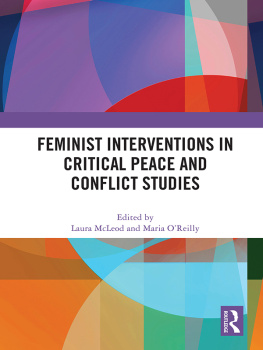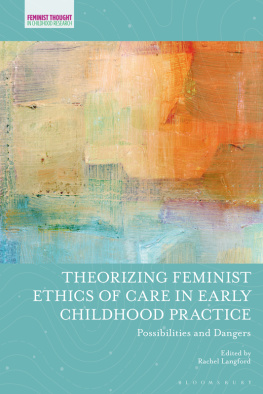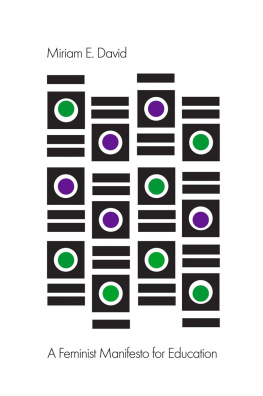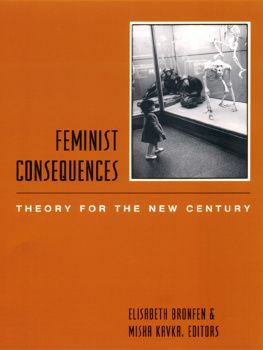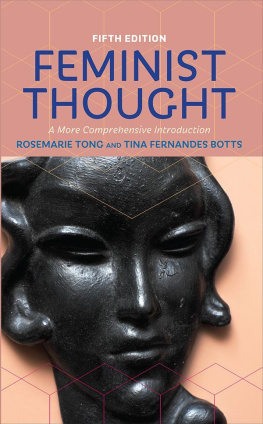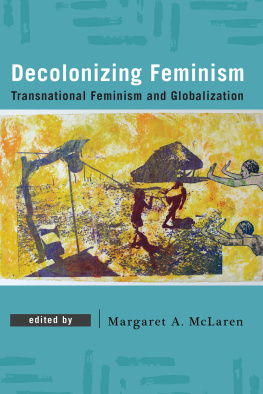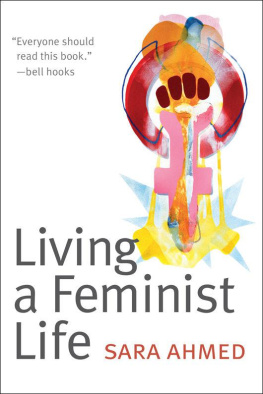Contents
Landmarks
Page List
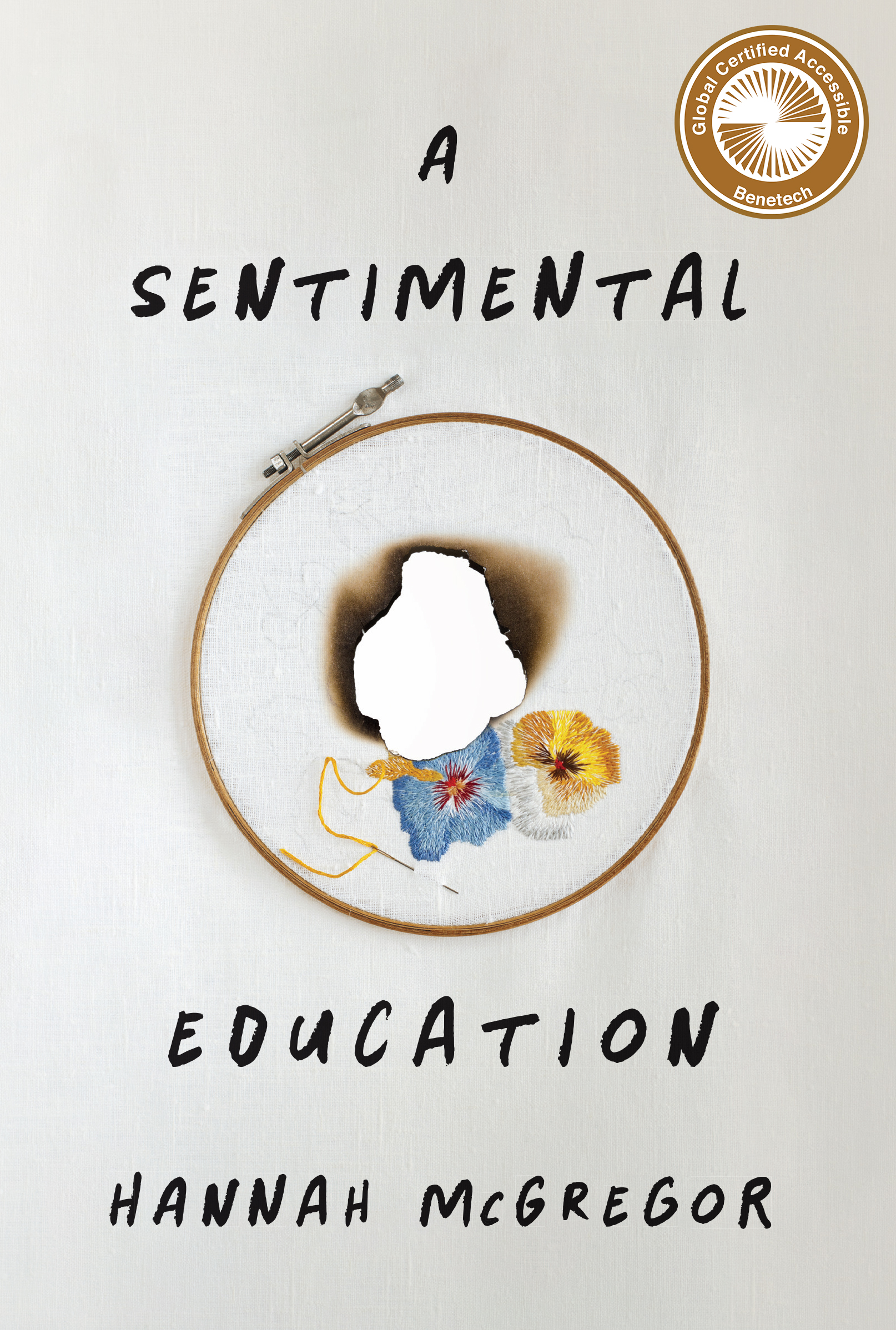
A SENTIMENTAL EDUCATION
A SENTIMENTAL EDUCATION
HANNAH McGREGOR

Wilfrid Laurier University Press acknowledges the support of the Canada Council for the Arts for our publishing program. We acknowledge the financial support of the Government of Canada through the Canada Book Fund for our publishing activities. The publication of A Sentimental Education is supported in part by funding from the Social Sciences and Humanities Research Council. Funding provided by the Government of Ontario and the Ontario Arts Council. This work was supported by the Research Support Fund.
Library and Archives Canada Cataloguing in Publication
Title: A sentimental education / Hannah McGregor.
Names: McGregor, Hannah, author.
Description: Includes bibliographical references and index.
Identifiers: Canadiana (print) 20210388552 | Canadiana (ebook) 20210388587 | ISBN 9781771125574 (softcover) | ISBN 9781771125581 (EPUB) | ISBN 9781771125598 (PDF)
Subjects: LCSH: McGregor, Hannah. | LCSH: Feminism. | LCSH: Feminist theory. | LCSH: Womens studies. | LCSH: FeministsCanadaBiography. | LCSH: PodcastersCanadaBiography. | LCGFT: Autobiographies.
Classification: LCC HQ1190 .M34 2022 | DDC 305.4201dc23-
Cover and interior design by Michel Vrana. Front cover image istock.com.
2022 Wilfrid Laurier University Press
Waterloo, Ontario, Canada
www.wlupress.wlu.ca
This book is printed on FSC certified paper. It contains recycled materials and other controlled sources, is processed chlorine-free, and is manufactured using biogas energy.
Every reasonable effort has been made to acquire permission for copyright material used in this text, and to acknowledge all such indebtedness accurately. Any errors and omissions called to the publishers attention will be corrected in future printings.
| This publication is licensed under a Creative Commons licence, AttributionNoncommercial No Derivative Works 4.0 International (https://creativecommons.org/licenses/by-nc-nd/4.0/). The text may be reproduced for non-commercial purposes provided that credit is given to the original author. To obtain permission for uses beyond those outlined in the Creative Commons licence, please contact WLU Press at press@wlu.ca. |
Wilfrid Laurier University Press is located on the Haldimand Tract, part of the traditional territories of the Haudenosaunee, Anishinaabe, and Neutral Peoples. This land is part of the Dish with One Spoon Treaty between the Haudenosaunee and Anishnaabe Peoples and symbolizes the agreement to share, to protect our resources, and not to engage in conflict. We are grateful to the Indigenous Peoples who continue to care for and remain interconnected with this land. Through the work we publish in partnership with our authors, we seek to honour our local and larger community relationships, and to engage with the diversity of collective knowledge integral to responsible scholarly and cultural exchange.
The question of living a feminist life is a very practical question. Sara Ahmed, Secret Feminist Agenda, episode 3.28
TABLE OF CONTENTS
AUTHORS NOTE
I WROTE THIS BOOK BECAUSE I WANTED TO TRY something different. Its an attempt to bring the voice I developed in my work as a podcaster back to my writing, to further push my own understanding of what forms scholarly knowledge might take. That means there are difficult topics in the following pages: some Ive tried to grapple with before, like the horrors of white supremacy and settler colonialism, and some that Im trying to articulate for the first time. I write about my mothers death, disordered eating, and sexual violence. I try to handle these topics with care, knowing that my efforts will be imperfect.
When I first began this book, I thought it was about ideas: white femininity, public intellectualism, embodied knowledges. Then I thought it was about methods: anecdotal theory, feminist friendship. Then I was certain it was about feelings: how we can feel our way through the problems of care and sentiment. Its impossible to fully disentangle these different topics, but I have arrived, at last, at the impossibility of arriving. If this book is about anything, it is about learning as a lifelong process, one that navigates ideas, methods, feelings, and texts to continuously move through the complexity of living in a good way.
Being a feminist scholar who works in public and accessible forms, like podcasting, is an ongoing process of trying, fucking up, listening, learning, and trying again. And its an opportunity not to erase that learning but instead embrace it, understand it as a fundamental part of collective feminist meaning-making and world-building. This book is an extension of my commitment to collective learning as a feminist practice. In part it is a memoir of my own education as a reader and thinker, and in part it is an analysis of the aesthetic modes, genres, and forms that I return to time and again as sites of feminist meaning-making: the sentimental, the personal, the banal, the relatable. Its a meditation on what it means to care deeplyabout justice, about revolution, about changing the worldand to know that caring is necessary and yet utterly insufficient. This work will never be perfected, and it will never be completed.
Lets begin.
HM
TERRITORY ACKNOWLEDGEMENT
I WROTE MOST OF THIS BOOK WHERE I LIVE, ON THE ancestral and unceded territories of the Musqueam, Squamish, and Tsleil-Waututh First Nations. The place currently known as Vancouver is shared between these three Nations. Musqueam territory includes Vancouver as well as parts of what are now called North Vancouver, South Vancouver, Burrard Inlet, New Westminster, Burnaby, and Richmond. Squamish territory includes Gibsons Landing and the Squamish River watershed. Tseil-Waututh territory stretches from the Fraser River to Mamquam Lake, 130 kilometres north of where I am currently sitting. These Nations have inhabited, governed, and stewarded their territories for all of recorded history and beyond; they have always been here, and they will always be here.
But what good is it for me to say so? While acknowledging territory, as an act of protocol, has become increasingly widespread in recent years, critics have pointed out how quickly this gesture becomes rote and emptied of meaning. As Vivek Shraya aptly puts it in her poem Indian,
i acknowledge i stole this
but i am keeping it (2016, l. 1213)
I began writing this section on the back porch of a small cottage on the Amherst Shore in Nova Scotia, which is Mikmaq territory. On the flight to this cottage, I read Amy Fungs Before I Was a Critic I Was a Human Being, which prompted me to think more seriously about land acknowledgement, not just as a kind of ritualized gesture, but as a personal and political question: what is my relationship to this land? How did I get here, and what am I doing with my presence?


